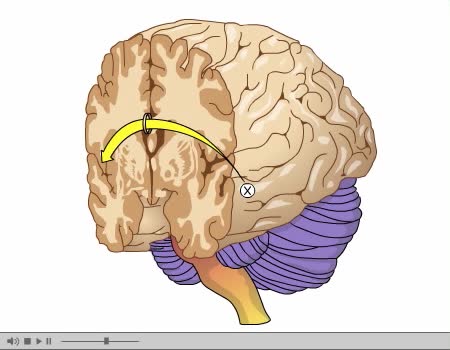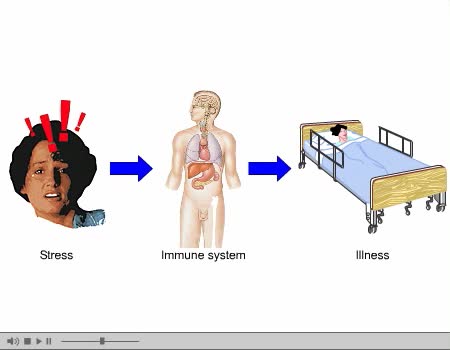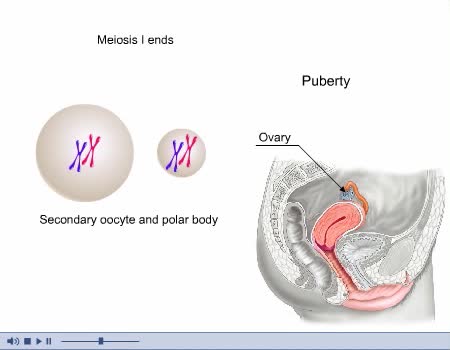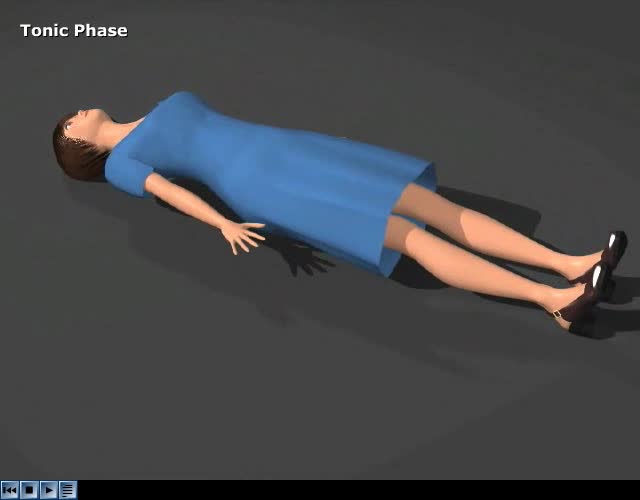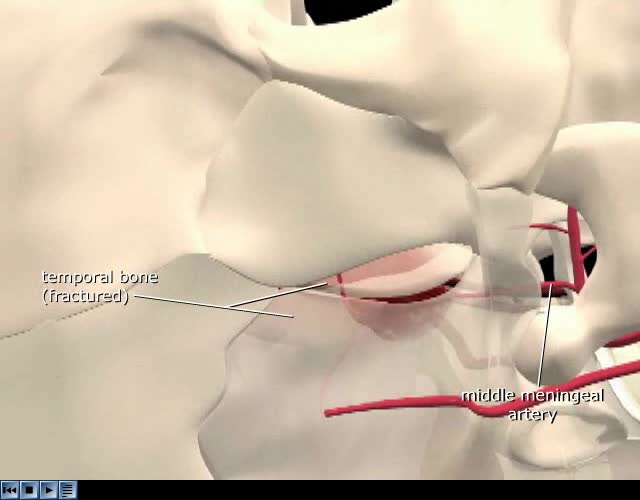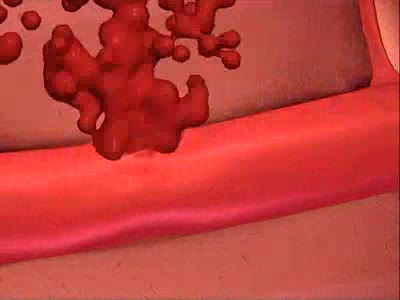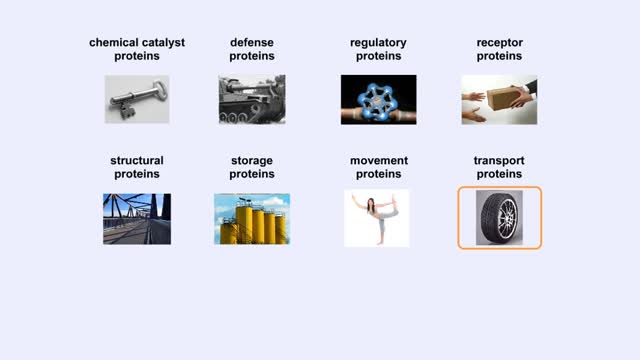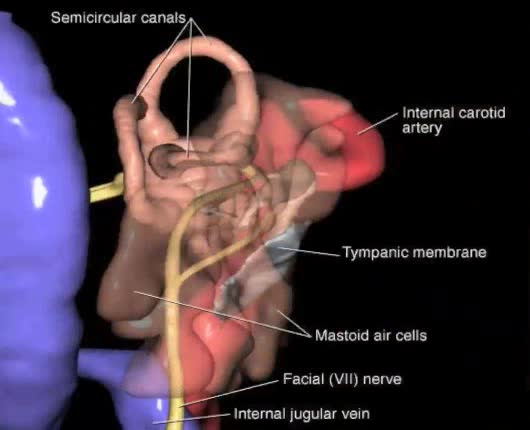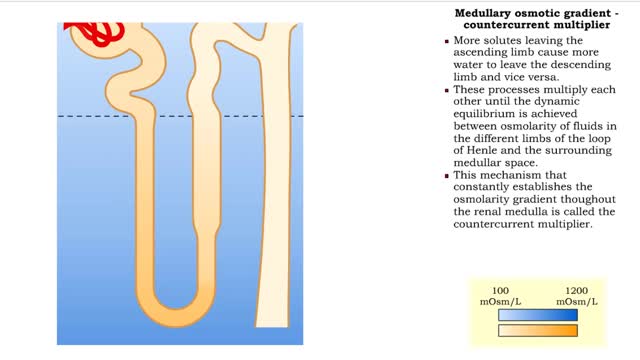Search Results
Results for: 'cerebral cortex of the brain'
Studying the Left and Right Brain Independently
By: Administrator, Views: 14152
A seizure, technically known as an epileptic seizure, is a period of symptoms due to abnormally excessive or synchronous neuronal activity in the brain. Outward effects vary from uncontrolled shaking movements involving much of the body with loss of consciousness (tonic-clonic seizure), to shakin...
Stress and Immune System Animation
By: Administrator, Views: 14080
How stress and the immune system are linked. Immune response declines with age, limiting body's ability to identify and fight foreign substances. Loss of thymus cortex leads to reduced production of T lymphocytes, including T cells, NK cells, B lymphocytes. Frequency and severity of infectio...
By: Administrator, Views: 14085
Located on either side of the uterus, ovaries are almond-shaped organs attached to the uterus by the ovarian ligament and lie close to the fimbriae of the fallopian tubes. The anterior border of each ovary is connected to the posterior layer of the broad ligament by the mesovarium (portion of th...
By: Administrator, Views: 13964
Status epilepticus (SE) is a single epileptic seizure lasting more than five minutes or two or more seizures within a five-minute period without the person returning to normal between them. Previous definitions used a 30-minute time limit. The seizures can be of the tonic–clonic type, with a re...
By: Administrator, Views: 13760
Epidural hematoma is when bleeding occurs between the tough outer membrane covering the brain (dura mater) and the skull. Often there is loss of consciousness following a head injury, a brief regaining of consciousness, and then loss of consciousness again. Other symptoms may include headache, co...
By: Administrator, Views: 13709
An aneurysm refers to a weakening of an artery wall that creates a bulge, or distention, of the artery. Most aneurysms do not show symptoms and are not dangerous. However, at their most severe stage, some can rupture, leading to life-threatening internal bleeding.
How proteins function? How do proteins work?
By: HWC, Views: 10531
How proteins function is really about how proteins "do work" in cells. How do proteins work? Let's start thinking about protein function by looking at something important to you: your hair. Keratin is a structural protein that is composed of 2 intertwined or helical strands. Keratin is also f...
By: Administrator, Views: 15393
The ear is generally described as having three distinct divisions, each with distinct functions: External ear Middle ear Inner ear The ear contains structures for both the sense of hearing and the sense of balance. Eighth cranial nerve: Also called the acoustic or auditory nerve. Carries...
By: HWC, Views: 11678
▪ The primary cause of the medullary osmotic gradient is the active transport of solutes. • In the ascending limb of the loop, active transport of Na+ ions drives passive reabsorption of Cl- ions. • Addition of these ions to the interstitial fluid of the medulla increases its osmolarity...
Advertisement



